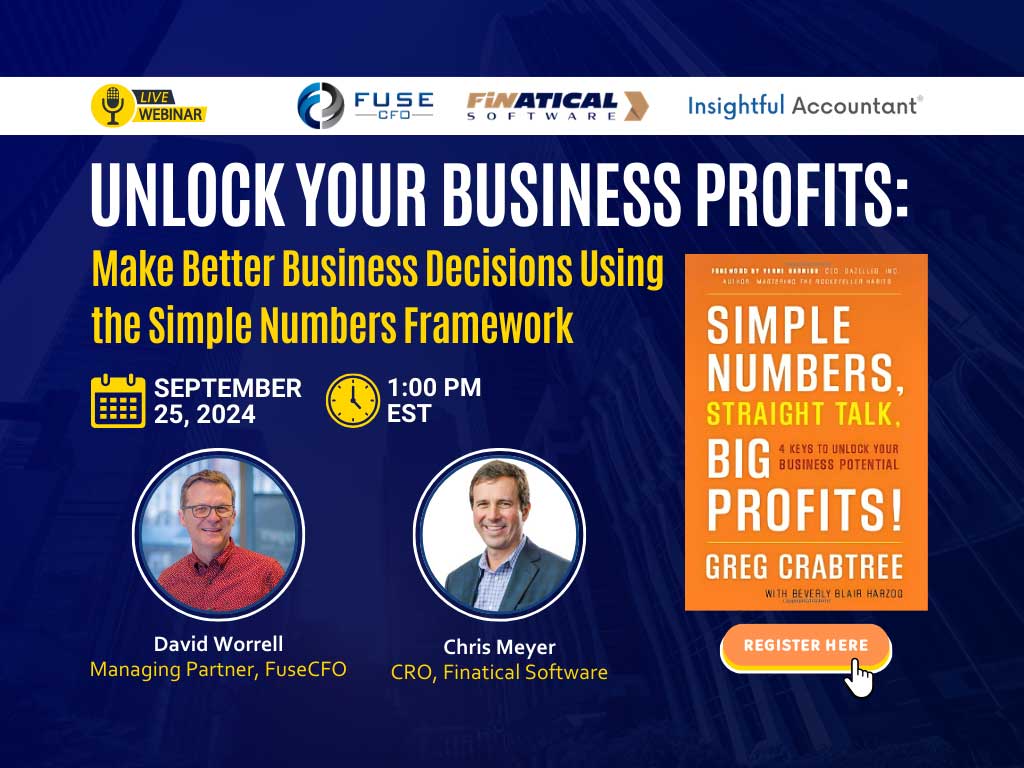
Financial Fortitude: Your Guide to Small Business Financial Projections

Image: Freepik
Guest Written By: Kelvin Howell
Crafting realistic financial projections is critical for small business owners who aim to ensure the longevity and profitability of their ventures. These forecasts enable you to make informed decisions, allocate resources efficiently, and plan for future growth.
Establishing accurate business financial projections helps mitigate risks and prepares you to handle unexpected business fluctuations. In this article, we will explore practical strategies to create reliable projections that can guide your business toward sustained success.
Professional Advice for Business Financial Projections
Engage with finance professionals to obtain expert guidance on your financial planning. These professionals provide insights into tax strategies and compliance, essential for any small business owner. Customized advice tailored to your specific business needs can help streamline your operations and treasury management.
Leveraging expert advice ensures your business financial projections are not only realistic but also grounded in current financial law and best practices. Maximize your business’s monetary health with Fuse CFO—schedule a consultation today to explore our tailored financial solutions!
Digitizing Financial Documents
Digitizing important business financial documents is a key step toward modernizing your operations and enhancing data security. Saving these documents as PDFs is beneficial because it ensures compatibility across various platforms while preserving the original formatting and details.
Selecting a PDF maker allows you to easily create or convert any document into a PDF, offering a reliable and professional way to manage and share important financial information securely. This process not only improves organization but also streamlines access and retrieval, which is crucial for quick decision-making and compliance.
Tracking Return on Investment (ROI)
Monitor your investments meticulously to understand their impact on your business. Analyzing data related to ROI allows you to assess the effectiveness of each financial projection commitment you make.
This process enables you to make adjustments based on concrete evidence, improving future financial strategies. Effective ROI tracking is crucial for refining your business model and ensuring that each dollar spent is an investment toward your company’s growth.
Leveraging Technology Solutions
Adopt bookkeeping software to manage your finances with greater accuracy and efficiency. CRM systems can also streamline customer relations and enhance your business’s operational fluidity. Digital tools offer numerous benefits, including improved productivity and error reduction in financial records.
By harnessing these technologies, you can keep a more accurate track of your economic health and make quicker, more informed decisions.
Sharpening Finance Skills with a Degree
Pursuing further education, especially in advanced financial concepts, is essential for any business professional aiming to elevate their expertise. To achieve this, consider an online DBA program. Enhancing your acumen through an advanced degree like a Doctor of Business Administration can significantly improve your ability to navigate complex treasury landscapes.
Such programs provide the flexibility needed to balance educational pursuits with work and personal life, making it feasible for busy professionals. Ultimately, this investment in your education can lead to more sophisticated and accurate business financial projections, benefiting your overall career progression and business success.
Striving for Continuous Improvement
Continually benchmark your business’s data against past performance to identify growth trends and areas needing improvement. Adjust your financial projections based on historical analysis to better predict future conditions.
It’s crucial to implement strategies that encourage ongoing optimization and adaptation to changing market dynamics. This commitment to continuous improvement can dramatically enhance the accuracy of your financial forecasting.
Developing a Strict Budget
Establish a clear set of budgeting guidelines to manage your expenses effectively. Allocating resources wisely is vital for maximizing operational efficiency and achieving financial targets. It’s important to monitor your budget’s performance closely and make necessary adjustments to stay on track.
A disciplined approach to budgeting is fundamental to maintaining stability and achieving your business objectives. The significance of realistic financial projections for small business success cannot be overstated.
Alternatively, the strategies discussed provide a solid foundation for creating accurate and actionable forecasts. By prioritizing financial foresight and implementing the discussed techniques, you as a small business owner can pave the way for long-term success and stability.
Continue to refine these practices, and you’ll enhance your ability to anticipate financial challenges and capitalize on opportunities as they arise.






